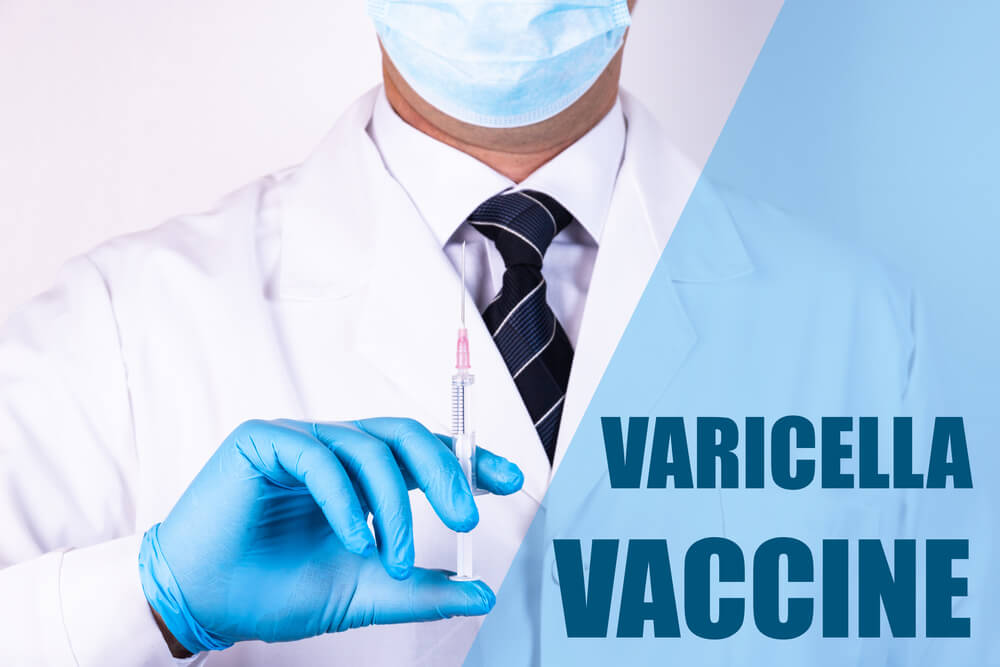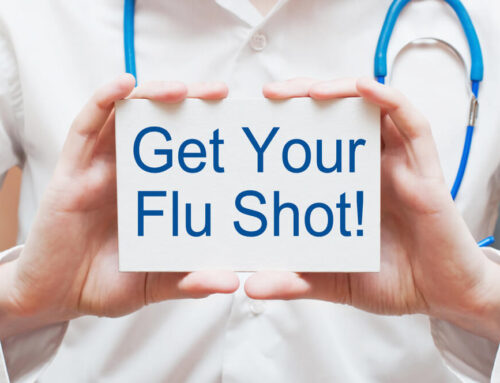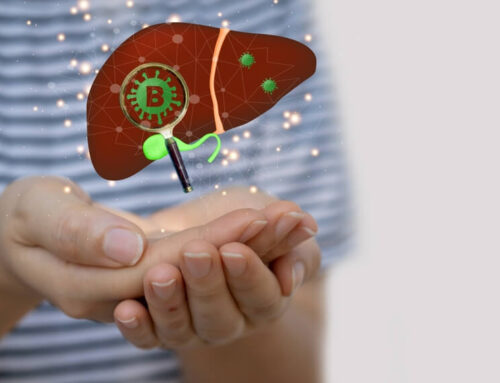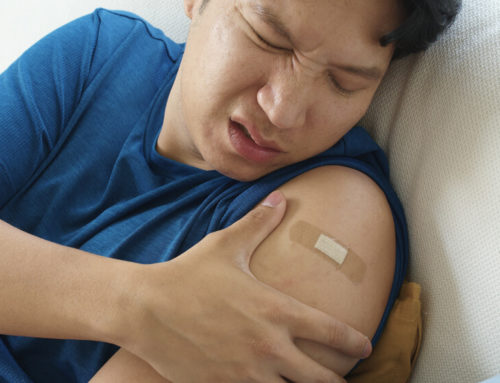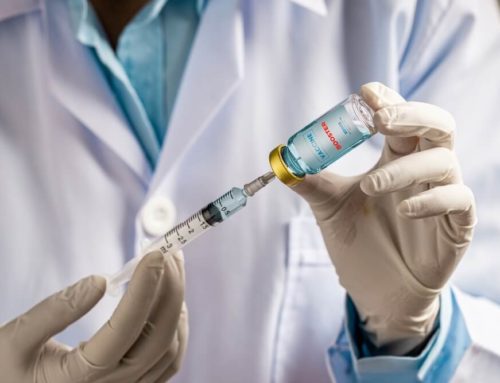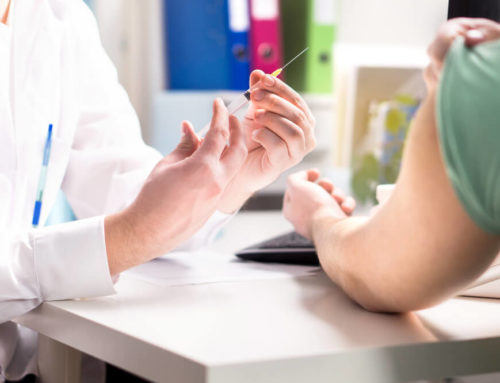Almost all of us have had or will have varicella or “chicken pox” at some point in life. However, thanks to the chickenpox vaccine, the chances of having this disease are getting slimmer. If you or a loved one are considering getting the varicella vaccine and need expert advice, this is the right article for you.
Below, you will find the latest must-know information about the varicella vaccine, who should get it, its potential side effects, and more. If you are thinking about immunization, always consider healthcare professionals from reliable and safe clinics such as Carreras Medical Center. Of course, we recommend consulting with a professional first.
That being said, here is everything you need to know about varicella and the vaccine. Keep reading to find out.
What is Varicella?
Varicella, more commonly known as “chickenpox,” is a common acute infectious disease that almost every adult has had at one point in life. The varicella-zoster virus or the VZV, a DNA virus, is what causes this disease. Like other members of the herpesvirus group, the varicella-zoster virus stays in the human body after the primary infection. The primary infection with varicella-zoster virus leads to varicella. When the latent infection is reactivated, it causes shingles or herpes zoster.
On average, the incubation period for the acute infectious disease is anywhere from 14 to 16 days after exposure to herpes zoster or varicella rash, with an approximate range of 10 to 21 days. Patients with this condition may experience a mild prodrome of malaise and fever one to two days before the onset of the rash (especially in adults). In kids, the rash is usually the initial sign of varicella.
Chickenpox is highly contagious. This virus can spread from one affected individual to the next via inhalation of aerosols from the vesicular fluids of the skin lesions of zoster or acute varicella and direct contact. It is also possible that the transmission occurs via infected respiratory secretions.
An individual with chickenpox is considered contagious one to two days prior to the onset of the rash until every chickenpox lesion has crusted.
What is the Varicella Vaccine?
The good news is that there is a vaccine or shot that can help prevent you and your family members from getting varicella or chickenpox. The vaccine helps prevent over 3.5 million varicella cases and 9,000 hospitalizations each year. On top of that, the chickenpox vaccine prevents around 100 deaths in the United States per year. This vaccine is created from a live but weak (or attenuated) form of the virus. An attenuated virus is less virulent than a virus that is not. Even though the virus in the varicella vaccine is usually incapable of causing the illness, it can stimulate a response from our immune system. Due to this response, people who had varicella shot attain protection or immunity from the acute disease.
Why Do You Need the Varicella Vaccine?
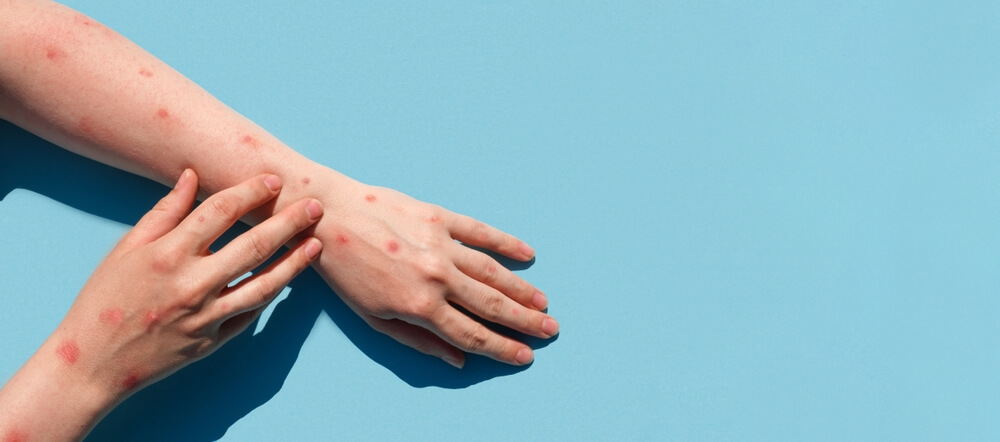
Even though the majority of chickenpox cases are mild and only last up to ten days, they can also be severe and dangerous. Before the shot was licensed in the United States, there were over 11,000 hospitalizations and around 100 deaths per year from this disease. Although the percentage is small, some life-threatening cases are linked with varicella.
Infants, the elderly, and individuals with weaker immune systems are at the greatest risk of serious and potentially life-threatening complications. However, anyone (even healthy people) may develop severe complications.
Another reason why the chickenpox vaccine is important is that the illness is highly contagious. Without the shot, the disease may spread via the air by coughing, sneezing, or by direct contact. Due to the fact that varicella is highly contagious, children with the disease must not go to daycare or school for around a week (or more) until every blister is dry and crusty.
Additionally, you may want to get the varicella vaccine to avoid uncomfortable symptoms such as rash, coughing, headaches, and fussiness.
When Do Kids Get the Chickenpox Vaccine?
The varicella vaccine is a vital part of immunization during childhood. Children get the shot for chickenpox in two doses. So, when do kids get the chickenpox vaccine? According to the facts, the first dose of the shot is administered between the ages of 12 to 15 months. Children get the second dose between the ages of four and six.
In some cases, the healthcare provider will give your child the chickenpox vaccine simultaneously as other shots. Kids between the ages of 12 months and 12 years can get the shot together with the vaccine for measles, mumps, and rubella (or the MMR vaccine). If the child is between 12 to 15 months, the MMR vaccine and the varicella vaccine are given at different times. Children between the ages of four and six usually get both vaccines as a single shot, commonly known as MMRV.
Do Kids Need to Get the Varicella Vaccine?
The immunization includes having had varicella or documentation of getting the shot for the disease. In most of the United States, kids entering child care and school are required to have evidence of immunity to varicella. In some cases, the same applies to people in universities and colleges.
Who Should Get the Varicella Vaccine?
All children below 13 who have not had varicella are recommended to get the shot. Also, adults and adolescents who have not received the shot and who have never had varicella are also recommended to get vaccinated.
That said, if you or a family member have had the disease, there is no need for vaccination.
How Many Shots of the Varicella Vaccine Do You Need?
As mentioned, the vaccine for varicella is administered in two doses. For children, the first dose is given between 12 to 18 months. The second dose is given when the child is between four and six years old. Adults and older children should receive two shots, with up to eight weeks between the initial and last shot.
Potential Varicella Vaccine Side Effects
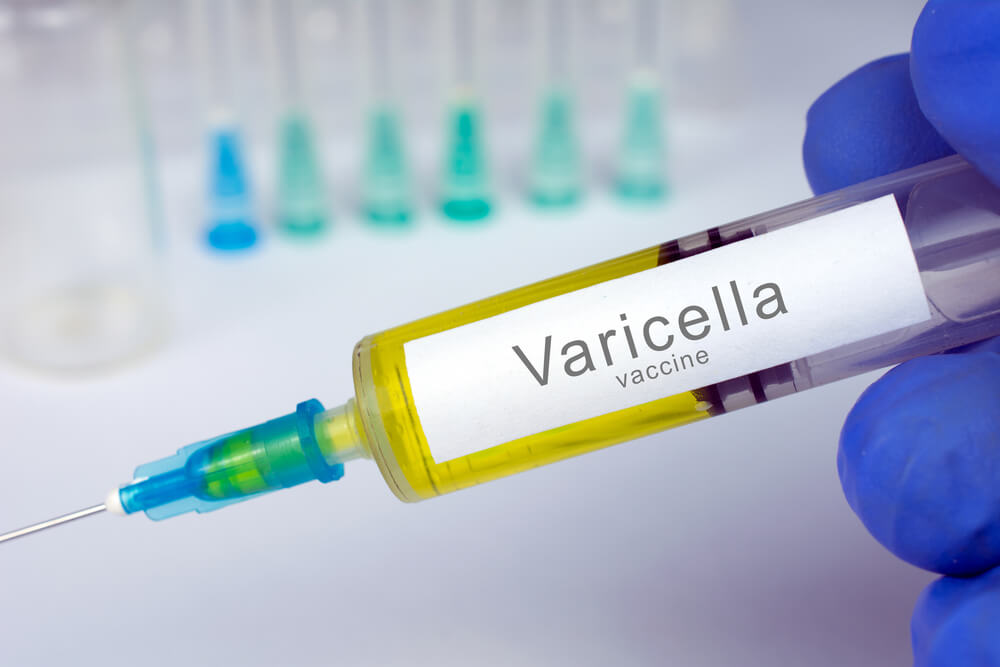
As with any other vaccine, the shot for chickenpox may have some potential side effects. The good news is that the adverse symptoms associated with the shot for varicella are usually mild. Some of the most common varicella vaccine side effects include:
- Redness
- Pain
- Swelling at the site of the injection
In more rare cases, people who got the vaccine may develop a mild rash, typically around the area where the shot was administered. Fortunately, serious varicella vaccine side effects are unlikely.
Who Should Not Get the Vaccine?
People dealing with moderate or severe illnesses should recover before getting the vaccine. Plus, patients who experienced an allergic reaction to the initial shot should not get the second one.
Other individuals who should not get the vaccine include:
- People allergic to neomycin
- People with a gelatin allergy (but you can get a gelatin-free version of the vaccine)
- People with a disease affecting the immune system
- Anyone receiving cancer treatment with chemotherapy, drugs, or X-rays
Also, pregnant women should not get the vaccine. The reason is that the vaccine’s effects on the fetus are still unknown.
Getting the vaccine can save your life. If you are looking for the best professionals at the safest clinic in the area, give us a call today.

